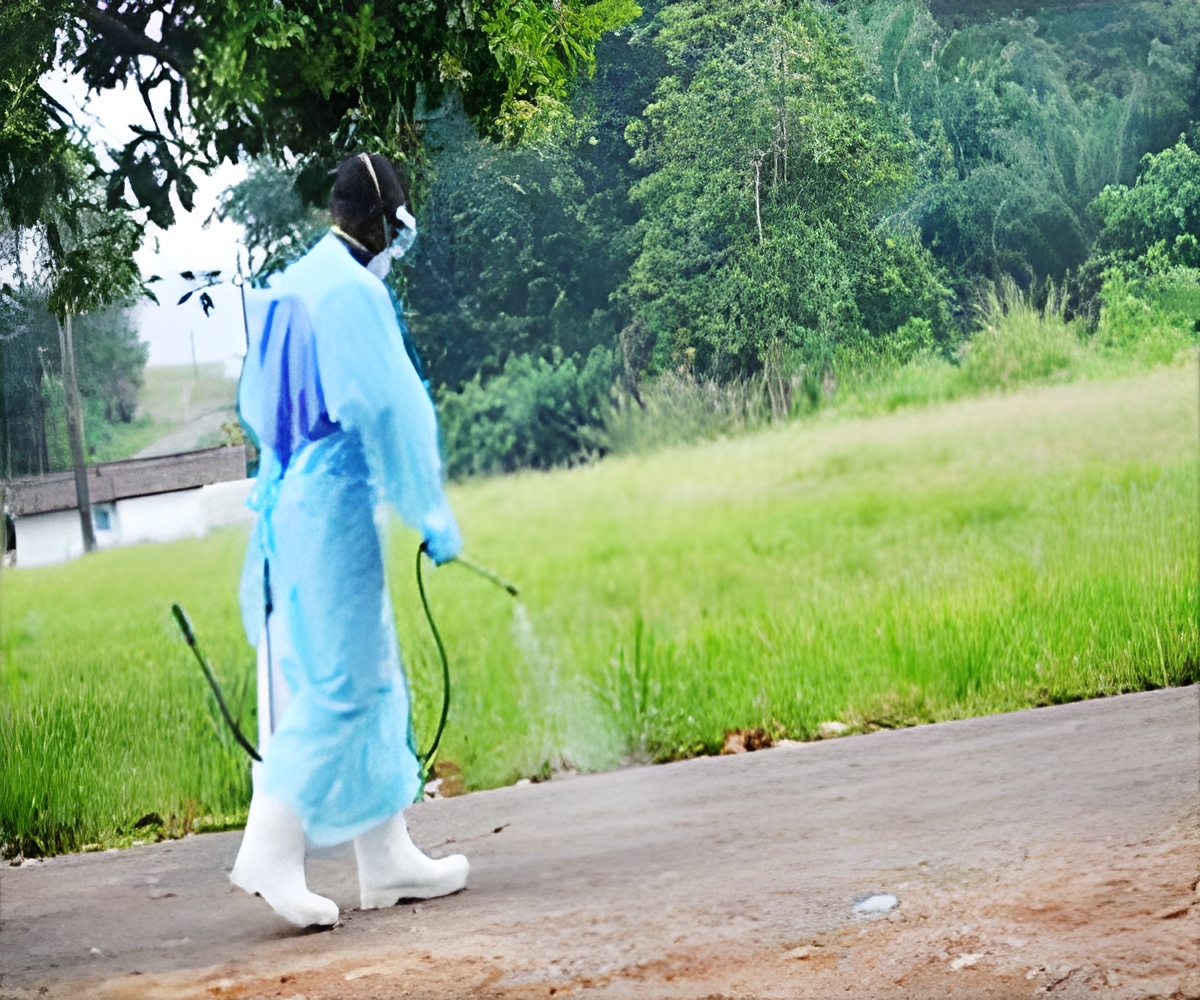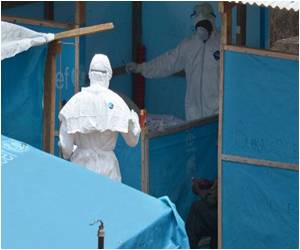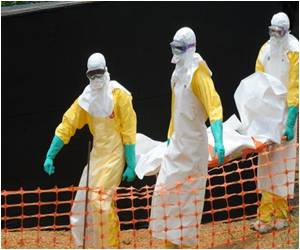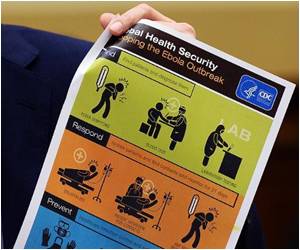EU must fill gaps to stop the spread of Ebola now that an infected nurse in Spain has exposed these failings, but it is well armed to prevent an epidemic, EU officials and experts reveal.

"An Ebola epidemic in Europe is highly unlikely. When the security measures are put in place, the risk is checked," Vincent said.
Until the Spanish nurse caught the virus, he said, the 28-country EU had only eight cases of Ebola, all of them caregivers who were repatriated from African countries where they took ill.
However, a European diplomat said there was still a need to "sound an alarm bell" because there was a flaw that allowed the Spanish nurse to catch the virus from a patient who had returned from Africa.
A doctor treating the nurse said she may have become infected with Ebola when she touched her face with a glove as she removed her protective suit after treating an infected missionary.
The European Commission, the EU's executive arm, has already drawn a lesson by deciding Wednesday to step up information for travellers and medical staff.
Advertisement
European officials do not rule out revising procedures for putting people in hospital and criteria for determining whether or not someone is at risk of having contracted Ebola.
Advertisement
- Ebola and pets -
"But we realise it's not 100 percent effective because few diseases require such precautions to avoid contagion, and the reflexes are not a given," added the expert, who spoke on condition of anonymity.
The case of the nurse's family dog, which was put down as a precaution, triggering an uproar from animal rights activists, is far from being just a curiosity.
For months, the European Union has been fashioning its response to an eventual outbreak of the disease by identifying the hospitals and staff it would mobilise.
But, "to my knowledge, nobody until now has asked himself the question about what to do with pets," he added.
"The majority of big countries have equipped themselves with the required measures, but the mesh in the net is still too loose to exclude errors," said Professor Nathan Clumeck, a specialist in infectious diseases at a top Brussels hospital.
That is especially the case in countries hit with the biggest spending cuts, such as Greece and Spain, where staff and resources are lacking, Clumeck said.
Nevertheless, according to the web site Europolitics, which quoted an internal EU document, Portugal ranks among the countries best equipped to fight Ebola.
It has 37 beds in isolation wards, compared to Denmark with 42 beds, Italy with 21 and France with 20 beds.
Clumeck said it was "certain that patients will arrive in Europe" but said the region's ability to diagnose and isolate the disease meant there would be no mass outbreak.
Source-AFP












